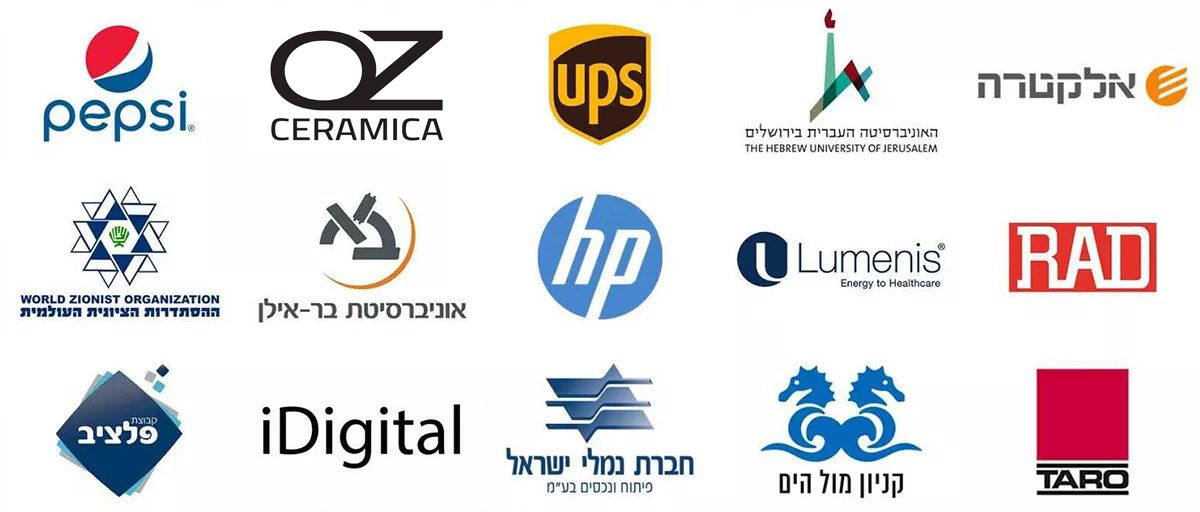Maybe you already know that hybrid app development is the solution to all your problems. Or perhaps you’re an entrepreneur who isn’t totally ready to give up on a native application.
On the other hand, you might be wondering if we’ve had a knock on the head and started talking complete gibberish, like geeky programmers with coke-bottle glasses who probably could do with some fresh air.
Fear not, whatever your needs, we’re here to set things straight for you.

Hybrid Applications
For quite some time, you’ve been trying to find some inspiration, meet a basic unmet need of humanity, or think of the next big idea that will amaze and astound the world.
How do we know? No, we haven’t developed a mind-reading app yet (we’re still working on that…), but we still figured it out, because you’re definitely not alone.
Many entrepreneurs spend a lot of time trying to come up with a brand new idea, or to think of the revolutionary concept that will change our lives. But devising a new app idea is just the beginning. If you thought the idea was enough, think again.
The truth is this: when you come to our app development team with your raw (or oven-ready) idea, they will have a lot of questions for you (but only because they care). At the meeting, you will have to answer various questions that aim to ensure that we can develop the optimal app to meet your needs.
For example, one of those basic questions will be: Do you want to develop a hybrid or native app?
Native Applications
Native apps are developed using a language that knows how to communicate with the device’s original (or native) operating system. Thanks to the exact match between the operating system and your app, the app will work seamlessly with all other apps on the device. This technological harmony ensures a positive user experience and high satisfaction among all those using the app. Native apps can be built for both the Android and iOS operating systems.
Sounds great. So you might be asking who needs a hybrid app, then? Good question.
Here’s the answer: The vast majority of apps do not really require native development, which is longer and more expensive than a hybrid (cross-platform) app.
Now you’re probably asking how do you choose? That’s (another reason) why we’re here.
When you develop an app for a certain operating system and then decide to make it accessible to all users on both operating systems – Android and iOS – consider the following:
A Hybrid App Speaks Everyone’s Language!
Hybrid applications can adapt to the two biggest operating systems in the world today – iOS and Android.
This means that hybrid apps have significant advantages:
Important!
Hybrid applications will still occasionally require unique adjustments to adapt to specific systems. However, this is still a more efficient, economical option, as there is no need to work on two projects at the same time.
Developing a native app means twice the work, while a hybrid app saves you both time and money.
So, native or hybrid? Which appeals to you?
Still not sure? Leave your details below and we’ll be in touch to help you decide.
